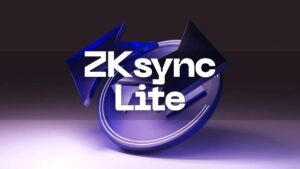TL;DR
- US prosecutors are pushing to exclude crypto policy debates from the $25 million MEV bot trial of the Peraire-Bueno brothers.
- Defense lawyers argue the government’s honest validator theory could criminalize standard blockchain competition and ask the court to hear expert input from a crypto policy group.
- The case could influence how US courts interpret on-chain activity, validator behavior, and competitive practices in decentralized systems.
US prosecutors have asked a federal judge to prevent cryptocurrency policy considerations from entering the criminal trial of Anton and James Peraire-Bueno, accused of extracting around $25 million through Ethereum MEV techniques. The government filed a request urging Judge Jessica Clarke of the Southern District of New York to disregard a proposed amicus brief from an industry group that sought to offer insight into how validator behavior works in decentralized networks. Prosecutors say such external input would distract the jury and create confusion unrelated to the legal questions they must evaluate.
Defense attorneys maintain the case is not just a traditional fraud matter. They insist the government’s theory risks labeling competitive on-chain strategies as criminal conduct. They argue that validators and searchers routinely reorder and bundle transactions to improve returns, and that this practice is recognized across the industry, particularly within the MEV space.
Debate Over Technical Conduct Versus Criminal Intent
The prosecution states that crypto policy discussions belong in legislative forums rather than a courtroom. They emphasize the jury must decide whether the brothers’ conduct constituted fraud under current law, not whether validator practices should be reformed. By contrast, the defense believes the jury deserves context on how decentralized finance (DeFi) operates and why MEV emerged as an efficiency and incentive mechanism instead of a malicious exploit.
The lawyers referenced past court decisions in financial-market cases, saying US courts have previously rejected attempts to equate competitive tactics with fraud when no explicit deception occurred. They note that Ethereum participants act independently and rely on economic incentives, not contractual duties. From a pro-innovation standpoint, the case risks discouraging developers, validators, and researchers from experimenting with protocol-level improvements if typical practices are suddenly viewed as criminal acts.

Growing Legal Scrutiny Toward MEV Activity
Defense counsel requested that Flashbots researcher Bert Miller limit his testimony to technical explanation only, saying interpretation of Ethereum’s unwritten norms would bias the trial. Flashbots has been instrumental in shaping MEV research and transparency, including tools that have helped mitigate harmful extraction methods.
The outcome of this trial may influence how US courts view decentralized competition in the absence of a central governing actor.










